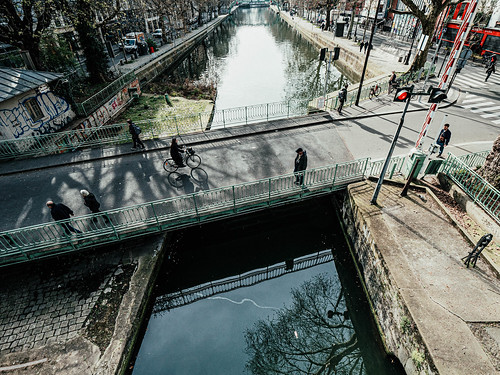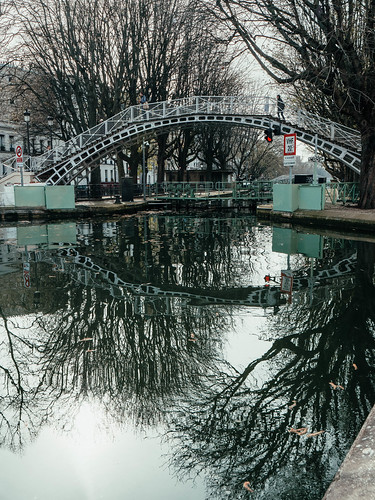Posts by author:
Chris Bertram
A wonderful few days in Paris where, among other things, we visited the Musée Albert Kahn in Boulogne-Billancourt, which was closed for a long time for “travaux”, but is now refurbished. I’ve wanted to visit the MAK for years to see the collection of autochromes that are the fruit of the expeditions that Kahn financed before WW1 in the belief that if the peoples of the world understood one another better, they would not go to war. Well. Kahn was also a big promoter of the League of Nations. The autochromes are wonderful but all viewable online, but I was not prepared for the Japanese-inspired gardens that Kahn created. Really worth the visit on their own. (All easy to get to, on the metro btw).
Here’s a link to the autochromes.
I’ve been reading Maylis de Kerangal’s Réparer les vivants (oddly available in two different English translations as Heart (US) and Mending the Living (UK)), which I highly recommend. De Kerangal’s speciality is writing about people at work and this is the saga of a heart transplant over 24h, from the beginning of the donor’s day (a trip to go surfing) to the moment his heart re-starts in the recipient’s body. She gives compelling portraits of the people who work in intensive care medicine, and one of them is a nurse with a specialism in overseen the transplant and liaising with the family, who also happens to be a singer with an interest in song, including birdsong. So, there’s a passage in the book where there’s discussion of the Algerian trade in goldfinches (chardonnet in French), which, apparently, get sold for vast sums for their singing prowess. There must be something special about the Algerian ones, because the goldfinch is not an endangered species: there are lots of them out there. So, I’ve been reading about goldfinches and listening to clips of their song, and I’ve just bought a new camera lens with a reach of 800mm (full-frame equivalent) and I see birds in the distance from my living room window. I can’t really see what they are, so I pick up the lens and I see a treeful of goldfinches. And I press, through window glass. Not the greatest image, but serendipitous.














